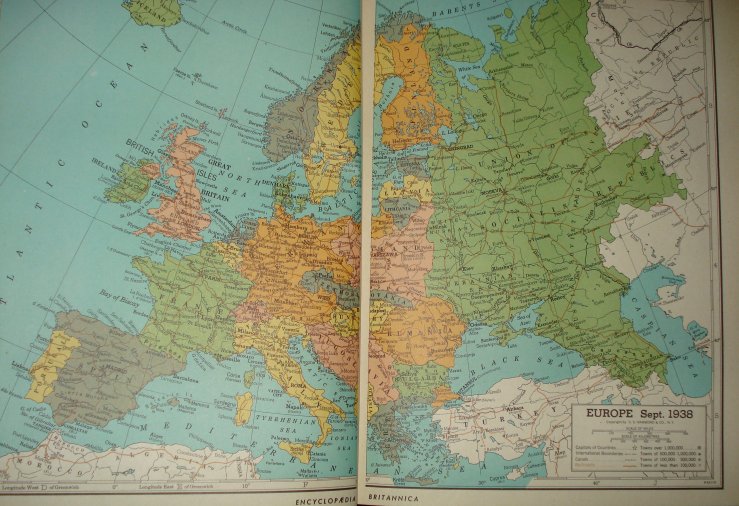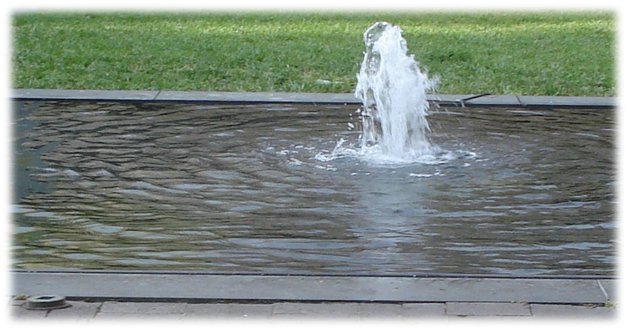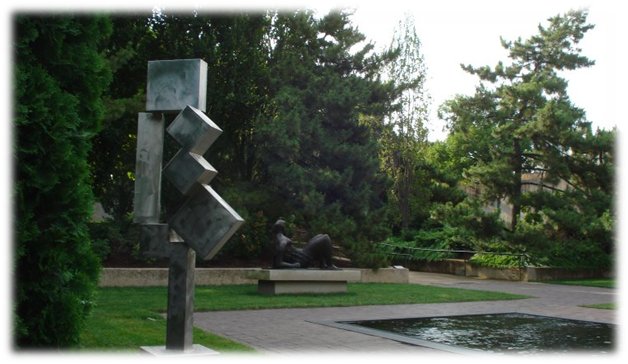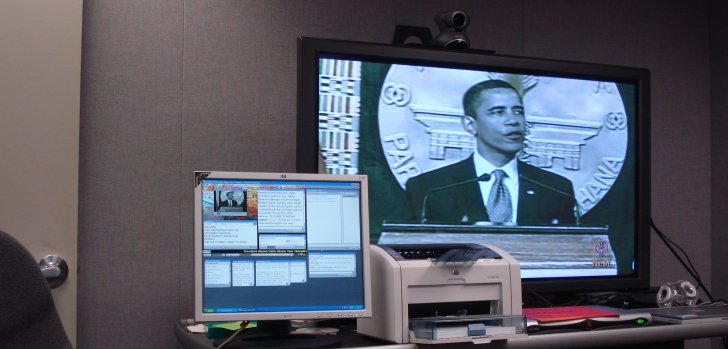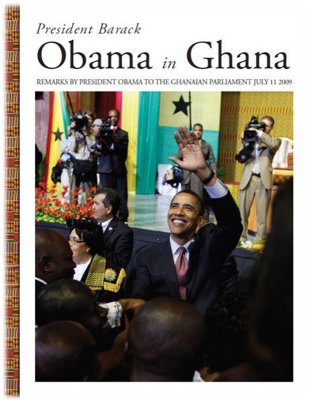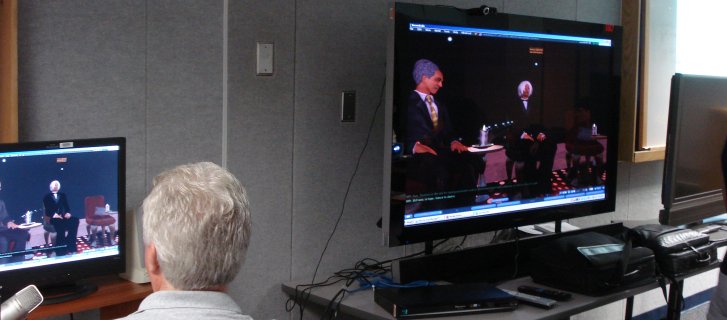
Marketing firms (and some of us) are trying to crack the viral video code. To the extent there is a solution, it is like buying lottery tickets. You cannot win if you don’t play. If you buy a lot of tickets, you increase your chances by a little, but any system for picking the right combination of numbers is just superstition. And the only way to guarantee a win at the lottery is not to play.
But people win just enough to keep the suckers piling in the cash. The winners always have a plausible story to tell. They often report that they were sure they were going to win that day, or at least they had a feeling. Many have some kind of lucky number system, some quite complicated. If you look at a group of lottery winners you can indeed find (or create) patterns among them. (This is “survivor bias.” In any kind of random event, somebody is going to win. It doesn’t mean anything, but people will impose reasons ex-post facto. The winner may even write a book explaining his system. People following his precepts will have the same chances the lucky winner had of winning before he won.)
Besides the usually urgent need in need of dental work & gym memberships, most lottery winners are regular players with some sort of system. Statistically this makes sense. Regular players buy more tickets so they have a greater chance of winning as a group and most of them develop some sort of system. But the group odds often don’t make sense when reduced to the individual level. The odds of winning the big jackpot are so small that the actual difference between a person who buys a thousand tickets and the person who buys only one doesn’t add up to much for any individual.
Anyway, the chances that you can create a video that goes viral are a lot like your chances of winning the lottery. And the odds will only get worse as more people enter the contest. Millions of people are trying to crack this code because it would mean millions of dollars to any individual or firm that figured it out. But if they did, others would quickly pile on and pull the odds of success back up to astronomical. The system is reactive & self-correcting.
It gets worse. Most successful viral videos are – in a word – dopey. Let me make a few distinctions. There are three types of viral videos. The first results if you happen to be on the spot to get a video of something truly spectacular, such as a plane crash or meteor strike. The second involves celebrities, who command attention because of their fame. The video rides on them, not the other way around. The third type is the miscellaneous or the manufactured, which is the only kind available to non-celebrities who don’t happen to be near a plane crash or meteor strike.
If you are trying to manufacture the viral part, you increase your odds mostly by doing something silly, humiliating, prurient or shocking. This is not something most individual or organizations want to do. It might be better to remain unknown than to be known for your ability to pass gas to the tune of Beethoven’s 5th Symphony.
So let’s treat the great viral video quest the way a reasonable person treats the lottery. We should do it because it is fun. Almost everybody has bought a lottery ticket. You are buying a little piece of a dream and it is a good thing. But if you are spending too much, even neglecting other things & taking out loans or planning your retirement around your lottery winnings, you are unlikely to have a happy ending.






